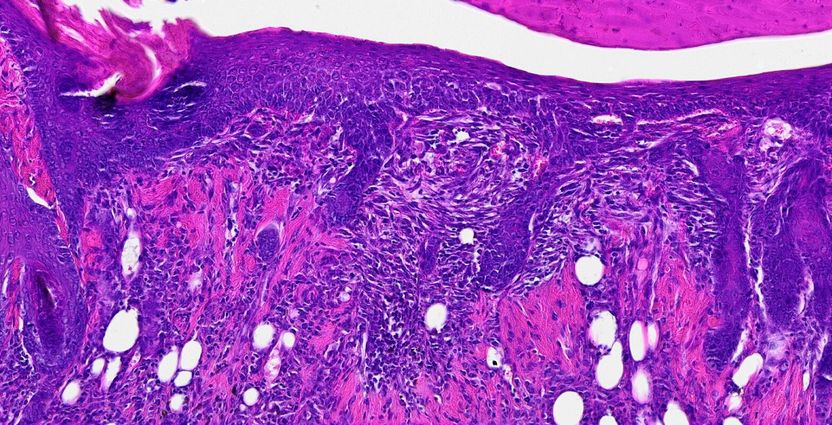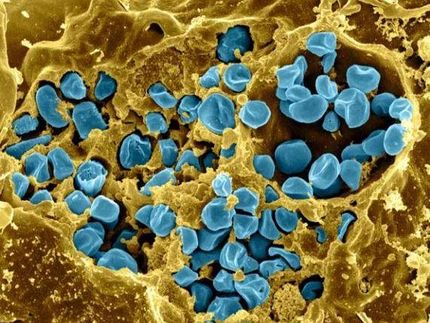Researchers capture bacterial infection on film
Researchers have developed a new technique that allows them to make a movie of bacteria infecting their living host.
Whilst most studies of bacterial infection are done after the death of the infected organism, this system developed by scientists at the University of Bath and University of Exeter is the first to follow the progress of infection in real-time with living organisms. The researchers used developing fruit fly embryos as a model organism, injecting fluorescently tagged bacteria into the embryos and observing their interaction with the insect’s immune system using time-lapse confocal microscopy.
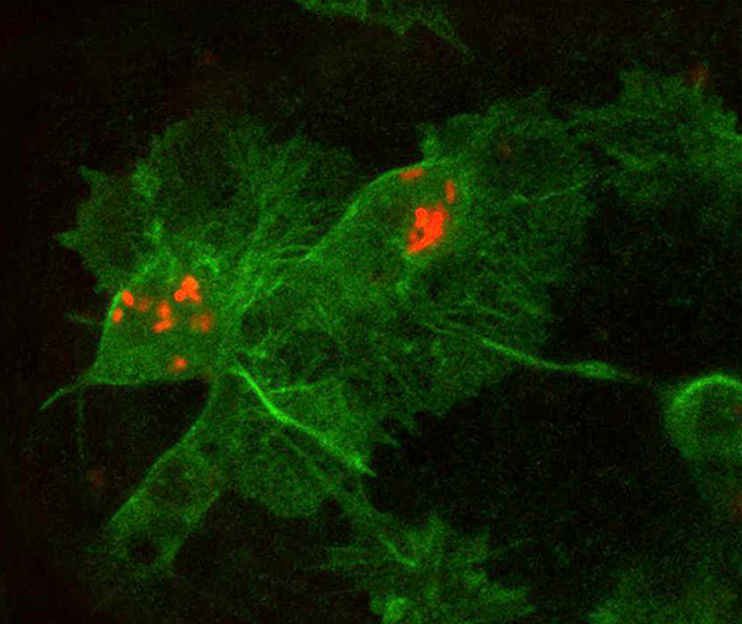
Confocal microscope image showing insect immune cells (green) containing fluorescently labelled E.coli (red).
University of Bath
The researchers can also tag individual bacterial proteins to follow their movement and determine their specific roles in the infection process. The scientists are hoping to use this system in the future with human pathogens such as Listeria and Trypanosomes. By observing how these bacteria interact with the immune system, researchers will gain a better understanding of how they cause an infection and could eventually lead to better antibacterial treatments.
Dr Will Wood, Research Fellow in the Department of Biology & Biochemistry at the University of Bath, explained: “Cells often behave very differently once they have been taken out of their natural environment and cultured in a petri dish. In the body, immune surveillance cells such as hemocytes (or macrophages in vertebrates) are exposed to a battery of signals from different sources. The cells integrate these signals and react to them accordingly. Once these cells are removed from this complex environment and cultured in a petri dish these signals are lost. Therefore it is really important to study whole organisms to fully understand how bacteria interact with their host.”
Most read news
Organizations
Other news from the department science

Get the life science industry in your inbox
By submitting this form you agree that LUMITOS AG will send you the newsletter(s) selected above by email. Your data will not be passed on to third parties. Your data will be stored and processed in accordance with our data protection regulations. LUMITOS may contact you by email for the purpose of advertising or market and opinion surveys. You can revoke your consent at any time without giving reasons to LUMITOS AG, Ernst-Augustin-Str. 2, 12489 Berlin, Germany or by e-mail at revoke@lumitos.com with effect for the future. In addition, each email contains a link to unsubscribe from the corresponding newsletter.
More news from our other portals
Last viewed contents

HACH LANGE AB - Sköndal, Sweden
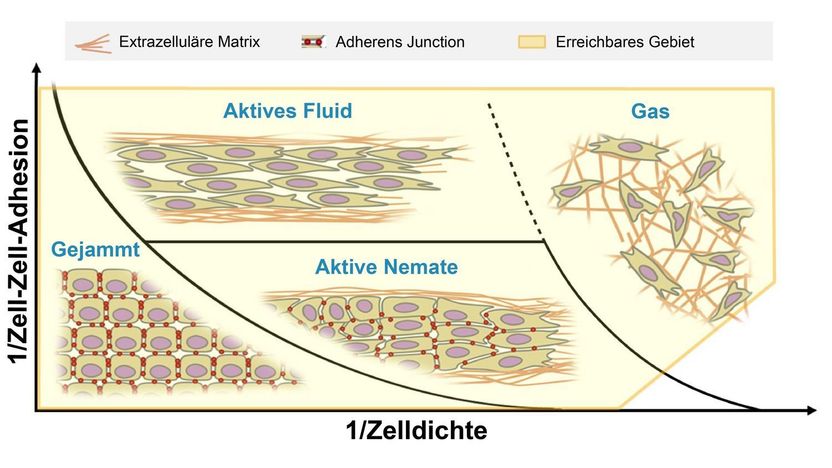
Less “Sticky” Cells Become More Cancerous - Researchers investigated mobility of cancer cells
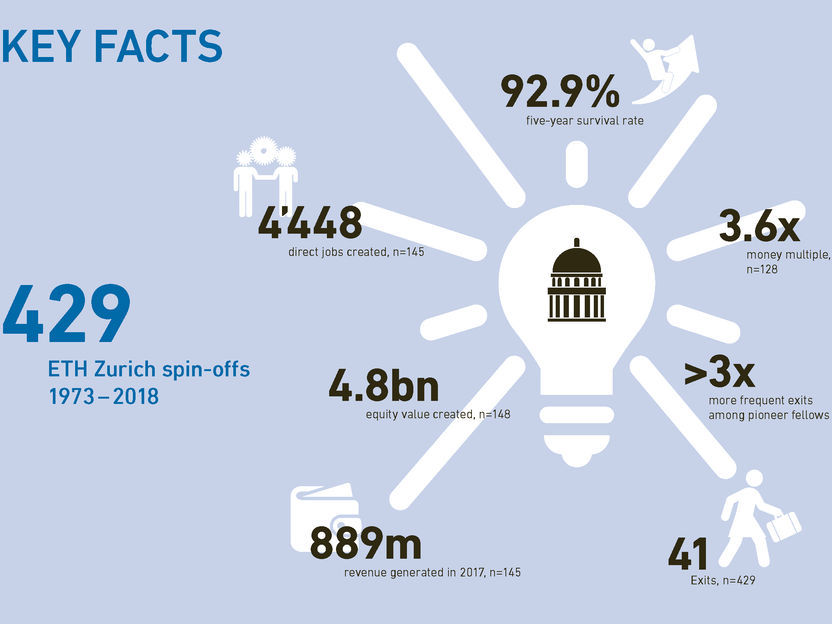
How ETH Zurich spin-offs strengthen the Swiss economy - ETH spin-offs are much more likely to make an exit than other Swiss start-ups
Epigenomics: US study suggests blood-based Septin9 CRC screening could save lives
New therapy to combat skin cancer - Neu-Ulm-based medical device producer and High-Tech Gründerfonds found spin-off Zimmer BioTech
Multidrug-resistant malaria spreading in Asia - Study reveals importance of genomic surveillance for malaria control strategies
